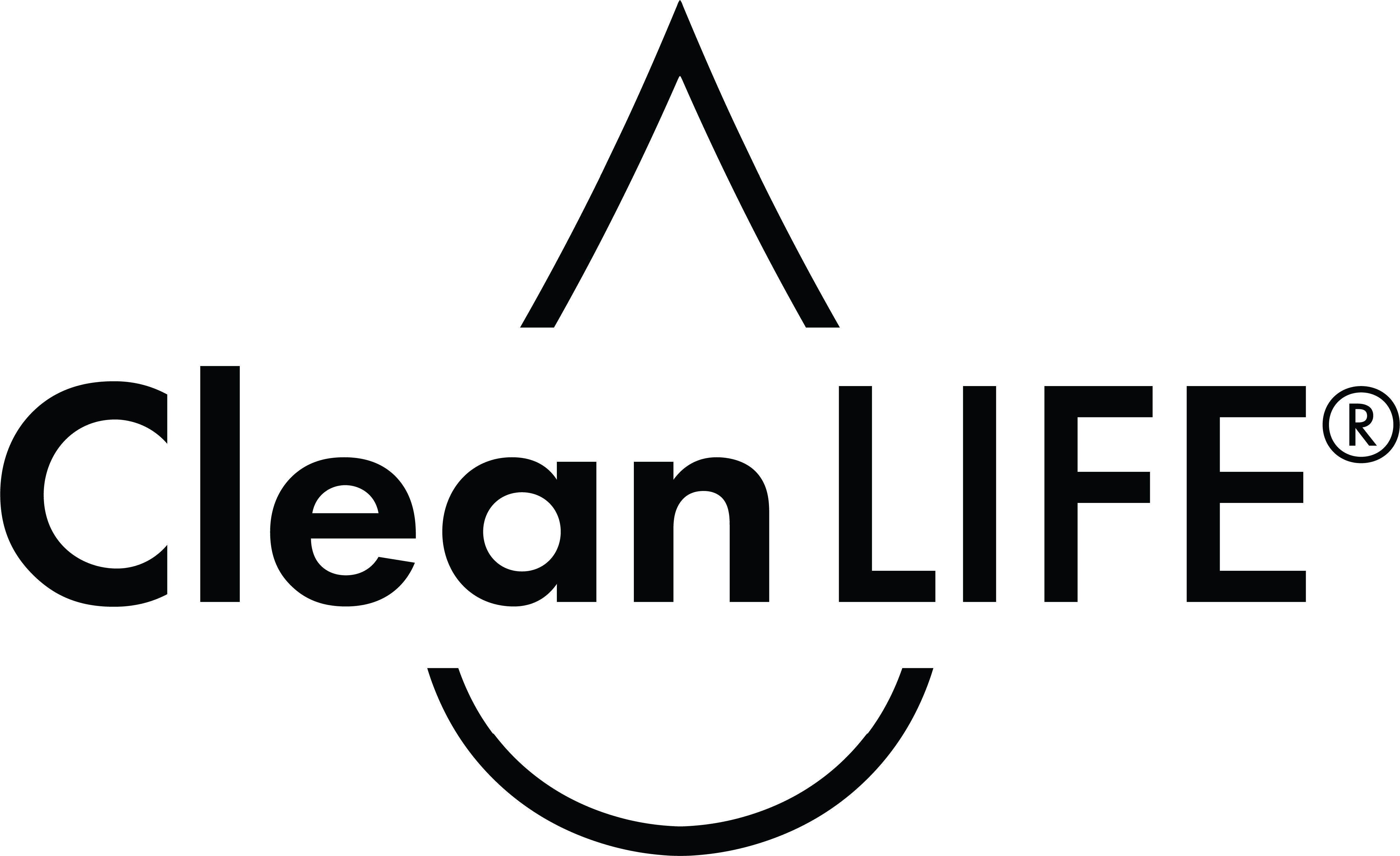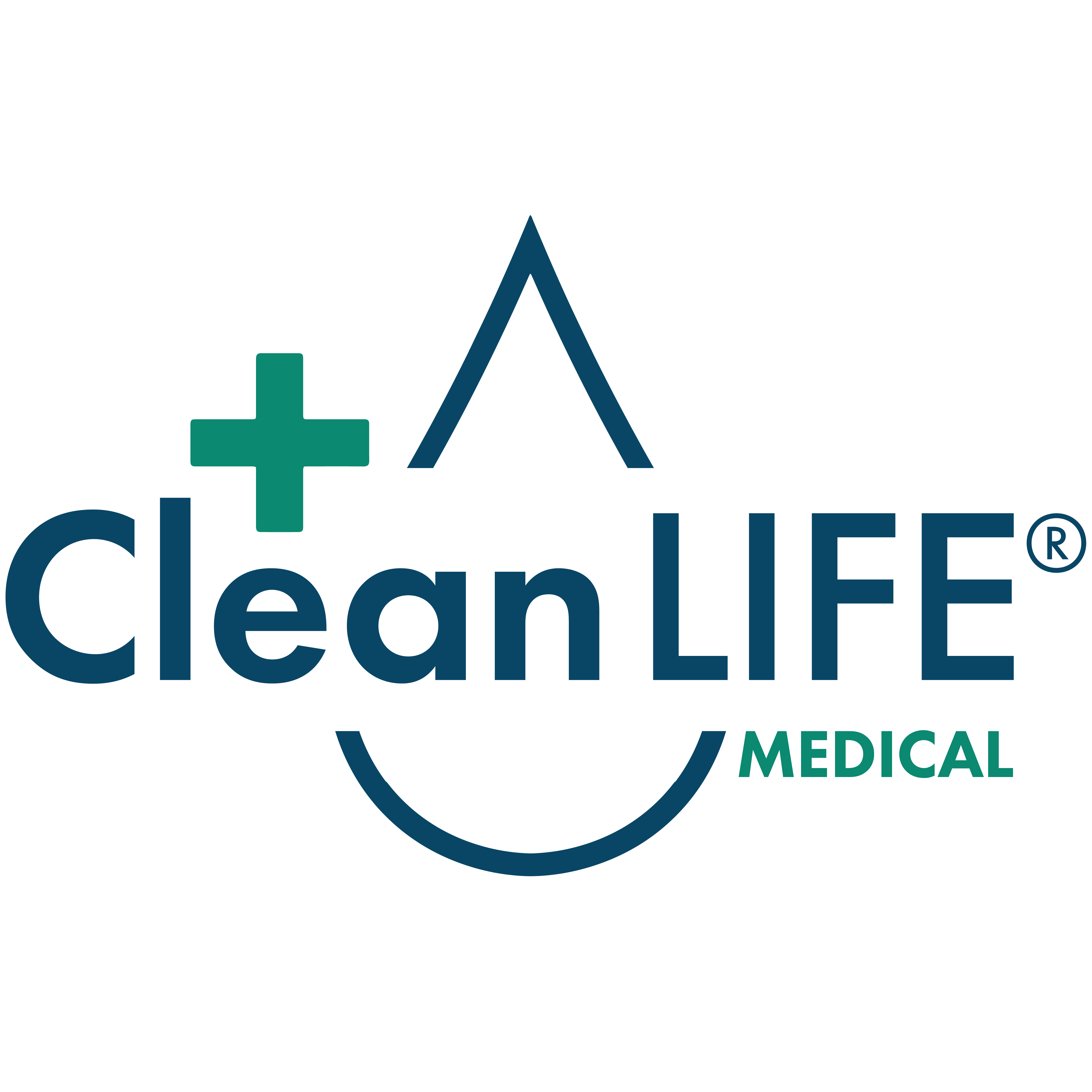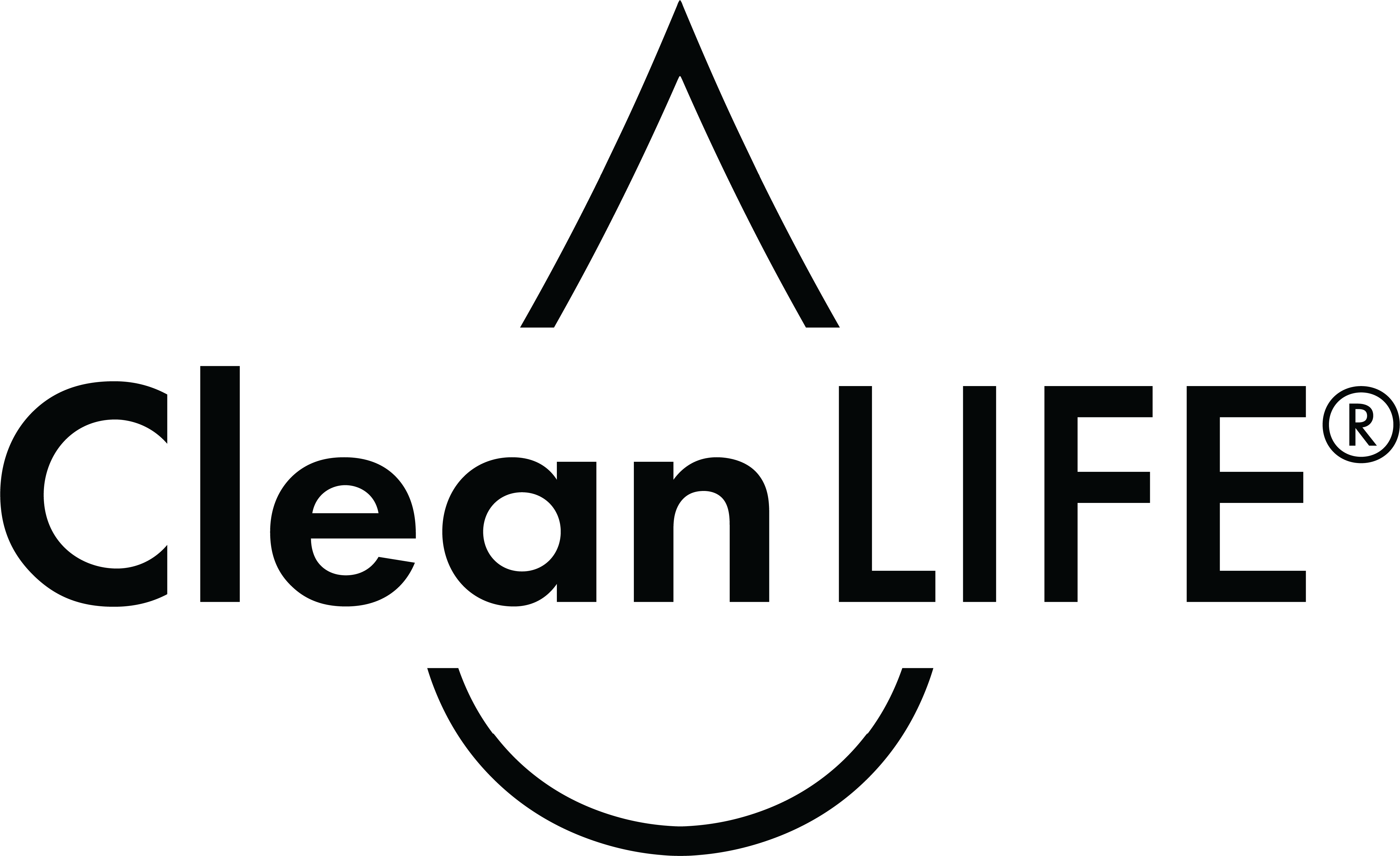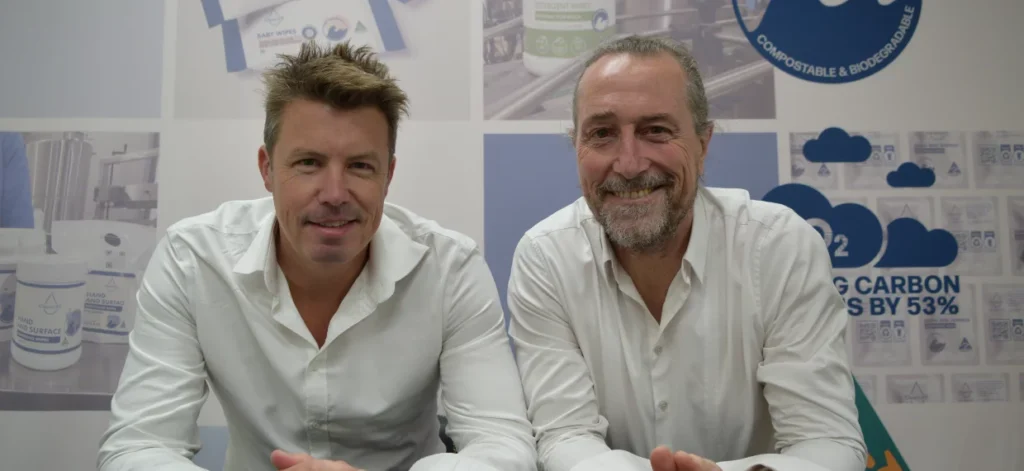
Corey White (L) and Phil Scardigno, owners of Hygiene Co.
Wet wipes are big business. They’re used in the medical sector, for cleaning workplaces, and in the cosmetics market. They’re also used as toilet paper, sold as ‘flushable’ wipes.
The majority – more than 95% – are plastic, non-biodegradable and imported. They’re also not flushable, as we’ve learned from the alarming ‘fatberg’ stories of gigantic mounds of wipes blocking metropolitan and household sewage systems.
But it’s the landfill figures that flabbergasted Phil Scardigno and Corey White, who established Australian environmentally friendly wipes manufacturer Hygiene Co. in Adelaide in late 2021.
When they started looking into it, they calculated that at least 30,000 tonnes of non-biodegradable plastic wipes go into Australian landfills each year – an “alarming” amount, says Scardigno.
However, as he tells Industry Update, the true amount is probably much higher than that.
“It’s scary… we’re worried about single-use plastic bags, cutlery, and straws, but this is far worse, and it sort of falls on deaf ears.”
From textiles to wipes
Scardigno’s journey to manufacturer of plastic-free wipes began during Covid.
At the time, Scardigno owned a business called Axis Manufacture that made coatings used with textiles in the construction industry, and was asked by the SA government to make wipes for the aged care sector because the supply and demand ratio was knocked off balance by the pandemic.
He began producing perforated rolls of wipes for canisters but was prompted to investigate the market more broadly when he was told none of the 20 million packs of wet wipes used in Australian hospitals during the pandemic were manufactured in Australia.
Post-pandemic, the opportunity came up to sell his coatings business and refit the building. Around the same time he met White, who came from the medical sector, and the pair started looking into manufacturing wipes.
“The horrific thing that we both realised when we started to bring this company together was that it was all single-use plastics — thrown in the bin after a wipe, and these were all polypropylene polyester.”
Scardigno says he was also astounded to learn that 80% of wipes are water, which meant the sector’s supply chain was heavily carbon intensive.
“It’s like bringing swimming pools full of water into Australia every day!”
With the staggering landfill wastage and supply chain intensity, the pair knew their mission: to make plastic-free and flushable wipes in Australia using a plant-based or plastic-free material.
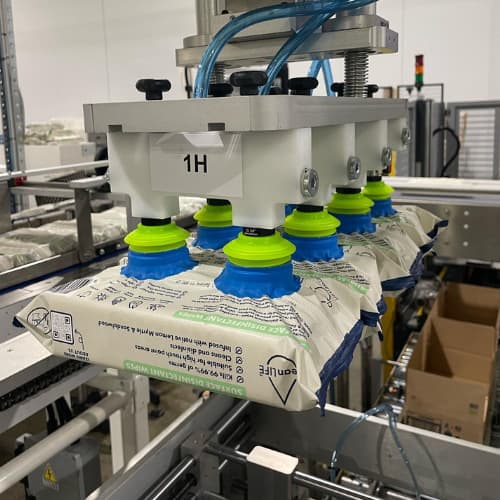
Flushable standards
Scardigno says making wipes flushable to Australian standards was hard at first because there were none – imported wipes were made to American or European standards.
However, the Water Services Association, the governing authority, was developing a set of standards.
“They gave us a copy of a draft Australian standard that was about to come out for flushable products outside of toilet paper.
“The new standard was stricter than Europe and the US because of our septic systems and the way drainage is here.
“What intrigued us was when we spoke to the water authorities, things that can actually flush are a really good environmental waste stream — because they end up as compost. So it’s quite green-friendly.
“We then worked with some partner companies to develop a fabric.”
Because Australia no longer has a textile industry, they had to source the flushable fabric from overseas – finding a wood pulp fabric that was fit for purpose. The company’s biodegradable non-plastic wipes which are not intended for flushing are made from imported bamboo or plant-based viscose fabric.
In August this year, Scardigno says Hygiene Co. became the first company whose product is certified as meeting the new Australia / NZ flushable products standard.
On shelves and in wards
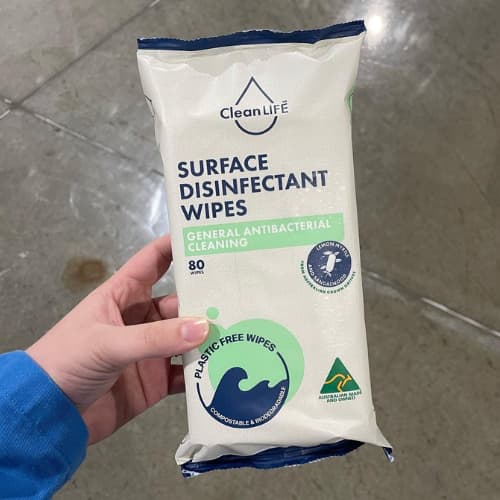
Hygiene Co. now has a range called CleanLIFE that supplies biodegradable as well as flushable wipes to medical and retail sectors in both canisters and soft packs, for which they had to import a machine from Europe.
Scardigno says they’re able to keep the price point reasonable because they have invested in significant factory automation.
“The barrier to entry in this market is not just the idea, you need to have the equipment and machinery that can punch out a high volume of packs per minute. With automation, you cut out a lot of labour.”
They made a multi-million dollar investment in their factory, says Scardigno, and were helped with a $600,000 grant from the Australian Manufacturing Growth Centre (AMGC).
“By looking at its business through a capability lens, Hygiene Co. was able to identify that it had the capability to serve an unmet market need, and then address the need while improving the product,” said Dr Jens Goennemann, Managing Director of AMGC.
“Such features are key ingredients to manufacturing success and why AMGC backed Hygiene Co. with co-investment.
“As a result of Hygiene Co.’s efforts and early co-investment from AMGC, Australia now possesses an onshore capability that supports a broad range of industries, de-risks supply chain disruption and delivers significant environmental positives, all while generating jobs and prosperity onshore.”
National aspirations
Chemist Warehouse is now a national supplier of CleanLIFE products, having come on board early after hearing about the locally made, environmentally friendly brand.
Hygiene Co. is also supplying Foodland, Unique Health Products, Baby Bunting, and the IGA supermarket group, and are hoping to see their product in large retailers like Coles and Woolworths in 2024.
“We’re based in South Australia but have the infrastructure to supply anywhere.”
Their Adelaide factory now also produces five products listed with the TGA — the only medical wipes listed with the TGA that are biodegradable.
The challenge, says Scardigno, is to raise more general awareness about plastic-free wipes.
“A lot of the medical sector we spoke to did not know that wipes were made of plastic. They all thought it was cotton or some sort of fabric that wasn’t plastic based.”
The pair haven’t been shy in pointing out that there are now environmentally friendly alternatives.
“We have been a little bit annoying, but we’re just gonna keep banging that drum.
“We really believe in this. The fact is, the medical industry and consumer industry are using wipes hourly and globally, the trend is not going away.”
Watch this Slingshot film to learn more about Hygiene Co’s journey: https://www.youtube.com/watch?v=p92XQIMID6E&t=1835s
